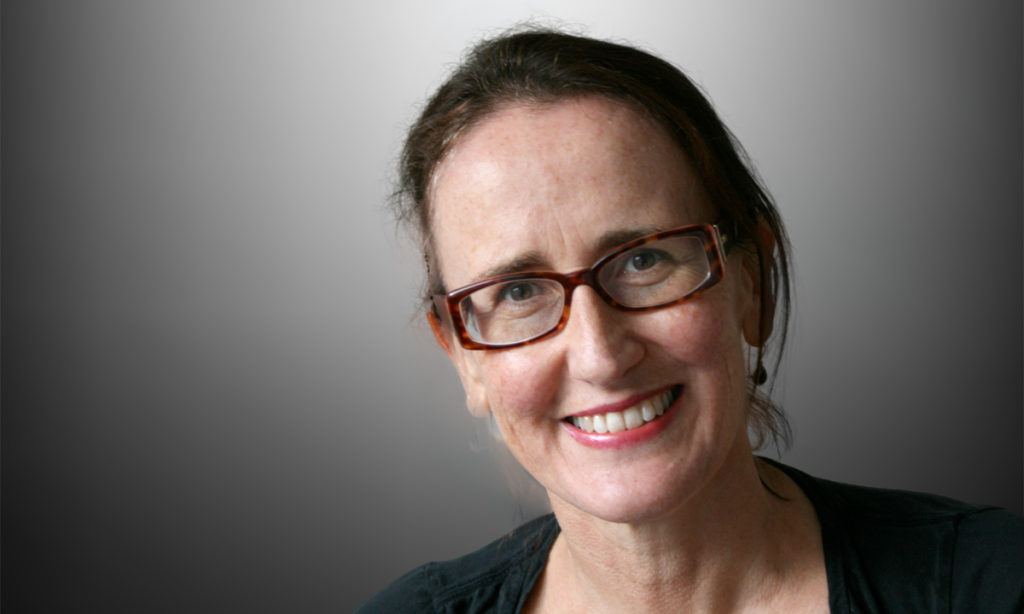IN the early 1990s, US psychiatrist Dr Jonathan Shay began using the term “moral injury” to describe a particular kind of trauma he observed in the Vietnam veterans he was treating.
Moral injury occurred, he believed, when there was a betrayal of “what’s right” by either those in authority or the individual concerned.
“How does moral injury change someone?” Dr Shay has written. “It deteriorates their character; their ideals, ambitions, and attachments begin to change and shrink.”
Moral injury impairs or destroys the capacity for trust, replacing it with “the settled expectancy of harm, exploitation, and humiliation from others”, leaving those affected with few options. They may attack pre-emptively, withdraw into isolation, or “create deceptions, distractions, false identities and narratives”.
In formulating his ideas, Dr Shay drew, not just on decades of clinical experience, but also on his reading of classical texts, especially Homer’s great war narratives, the Odyssey and the Iliad, which he describes as “experiments with the moral materials of military practice”.
“The epics teach no lesson at all to modern forces on weapons, planning, communications, tactics, organisation, training, or logistics,” he has written. “But for those who go to war and return from it today, the epics still vibrate with meaning on cohesion, leadership, and ethics.
“Certain truths, especially in the realm of ethics, are best told through narrative fiction,” he concludes.
In 2018, US physicians Simon Talbot and Wendy Dean argued moral injury was not limited to soldiers, but was also affecting clinicians in what they described as “a broken health care system”.
“The moral injury of health care is not the offense of killing another human in the context of war,” they wrote. “It is being unable to provide high-quality care and healing.”
Navigating an ethical path between the conflicting demands of patient care, financial and resource constraints, bureaucratic requirements and fear of litigation was emotionally and ethically exhausting, they wrote.
“Routinely experiencing the suffering, anguish, and loss of being unable to deliver the care that patients need is deeply painful.”
Such conflicts are no doubt more deeply felt in the profit-driven US health system, but Australian clinicians are hardly exempt, as Perth oncologist Professor Yee Leung evocatively argued in InSight+ earlier this year.
The extension of a trauma experienced by soldiers to the health care setting has probably never been more pertinent.
Comparisons of clinical settings with war zones have proliferated over the past 18 months, as health care systems in many countries struggled to cope with the ravages of the COVID-19 pandemic.
Clinicians and policymakers have had to make agonising decisions around allocation of care and restriction of freedoms.
Dr Shay argues three things can protect the “minds and spirits” of soldiers sent into battle: a positive and cohesive community of colleagues, expert and ethical leadership, and adequate training for what they are expected to do.
You could apply those principles to any setting, particularly one where traumatic experiences are likely.
It’s worth asking what systemic changes might be needed to reduce the risk of moral injury in health care, US researchers argued last month in the Journal of Medical Ethics.
We need a deeper understanding of the nature and consequences of moral injury, they write.
Moral injury is fundamentally different from burnout, though it may contribute to it, they argue.
Resilience training is not a treatment for moral injury and may even be harmful if it sends the message that physicians themselves are the source of the problem.
One practical suggestion these researchers make is that professional associations could protect their members by including limitations on practice in ethical guidelines, giving clinicians grounds to refuse to comply with a direction that might risk moral injury.
Reductions in working hours for residents, while controversial in some quarters, show that medical bodies can effect structural change in the health system, the researchers write.
Whatever forms that structural change might take, the war metaphors around health care are likely to be with us for some time to come.
For the sake of clinicians, and ultimately their patients, we need to find better ways to fight the battles ahead.
Jane McCredie is a health and science writer based in Sydney.
The statements or opinions expressed in this article reflect the views of the authors and do not represent the official policy of the AMA, the MJA or InSight+ unless so stated.

 more_vert
more_vert
Re: “So does that mean clinicians could refuse to refer patients for terminations; or transitioning surgery?”
Good point. Pro choice and anti trans overreach as I am.
The focus of discussion is the moral injury caused by insufficient time to provide the care the patient needs. This is largely the result of budget constraints and resource misallocation. Professional organisations can help with clear statements about eg. safe working hours and workforce distribution. . Man made treatments (reasoned argument and consistent mutual support) are indeed the key – no spiritual hocus pocus needed.
The injuries you are referring to are wounds of the Soul – the ‘soul’ of man being 1) the Mind 2) the Will and 3) the Emotions and man-made treatments will not heal these wounds or remove the scars. Just as spiritual battles are not fought with ‘carnal weapons’ but weapons that are “mighty for the pulling down” of ‘strong-holds’ !
‘One practical suggestion these researchers make is that professional associations could protect their members by including limitations on practice in ethical guidelines, giving clinicians grounds to refuse to comply with a direction that might risk moral injury.’
So does that mean clinicians could refuse to refer patients for terminations; or transitioning surgery?
Or does it just depend on the ‘politics’ of the professional organization, rather than what the clinician deems a risk for moral injury?